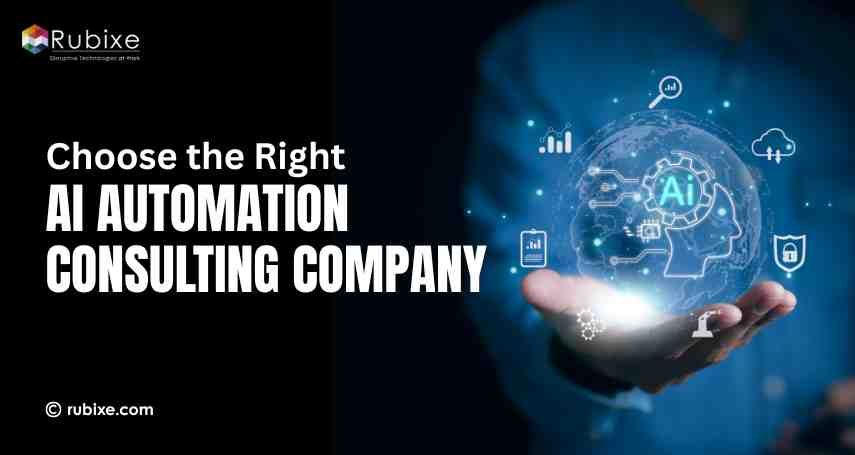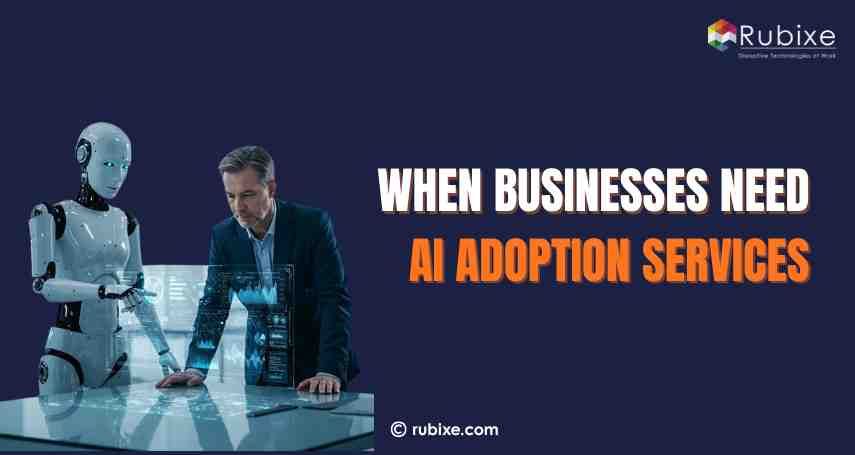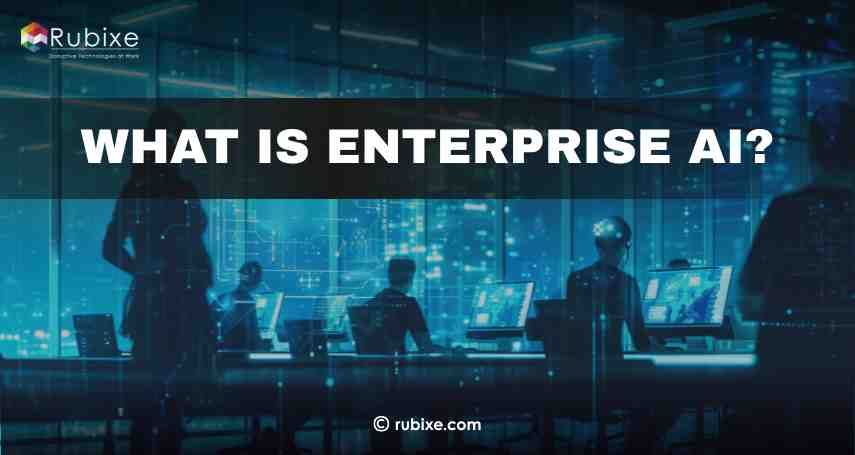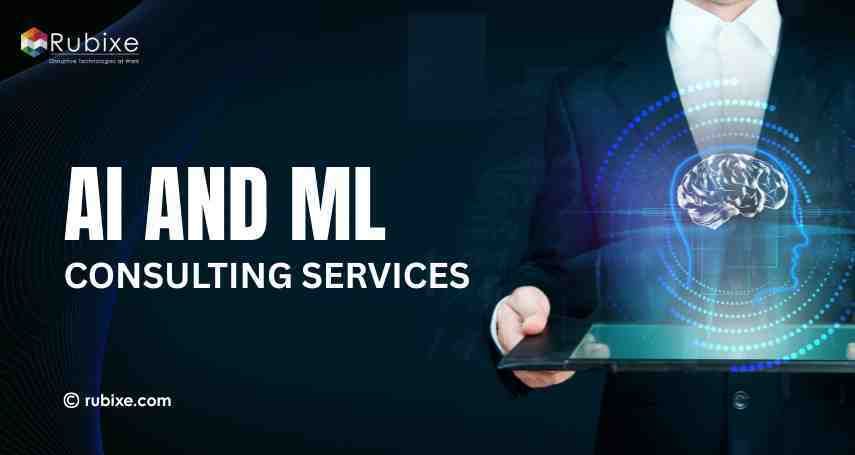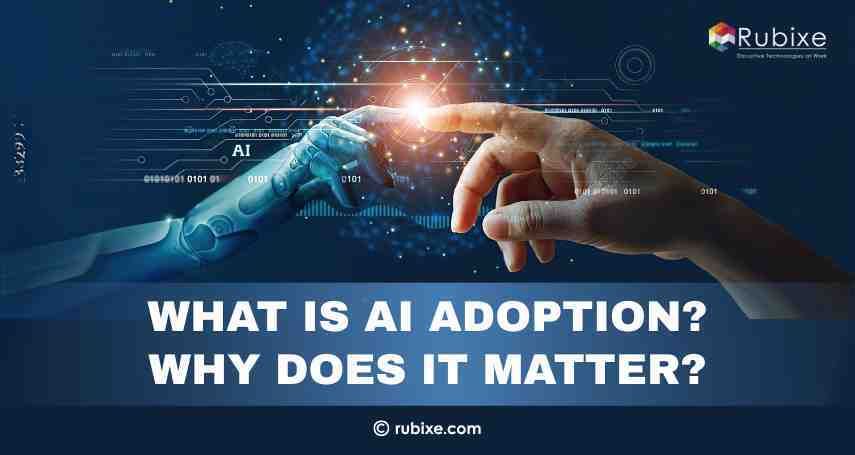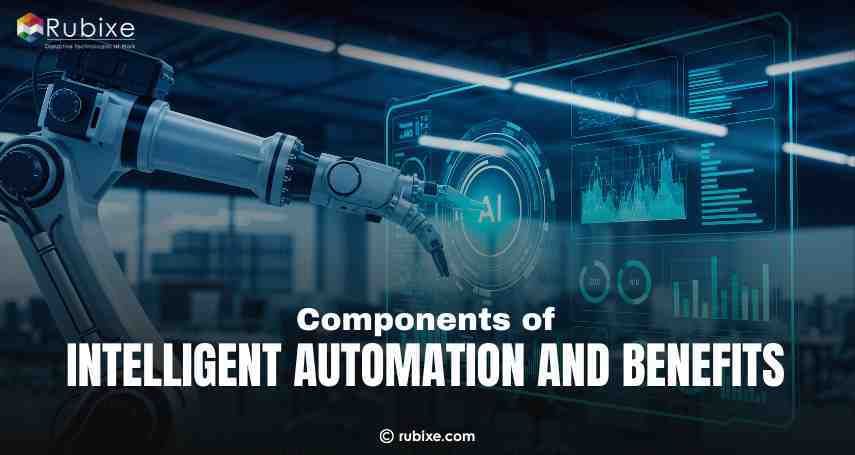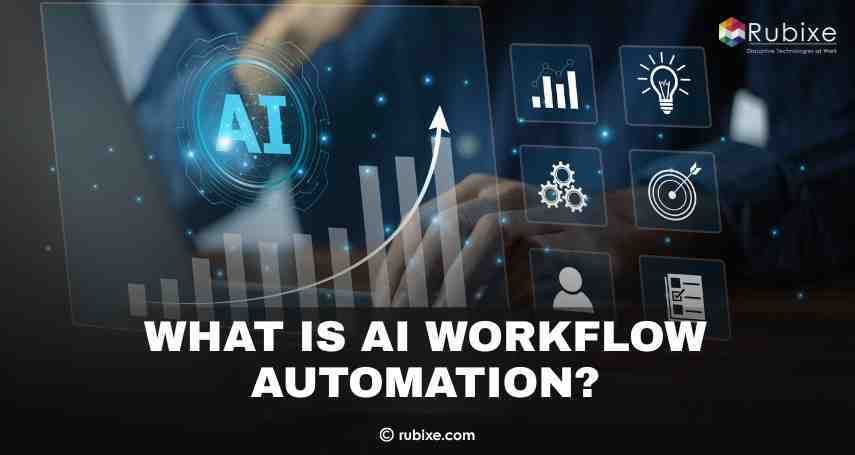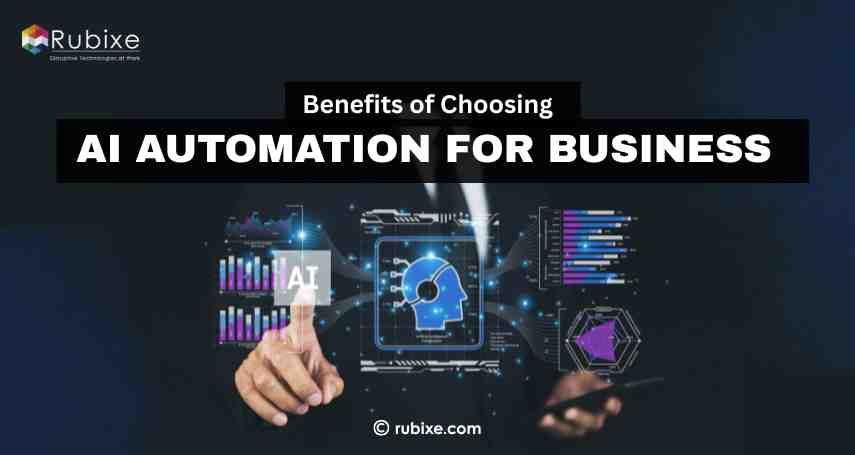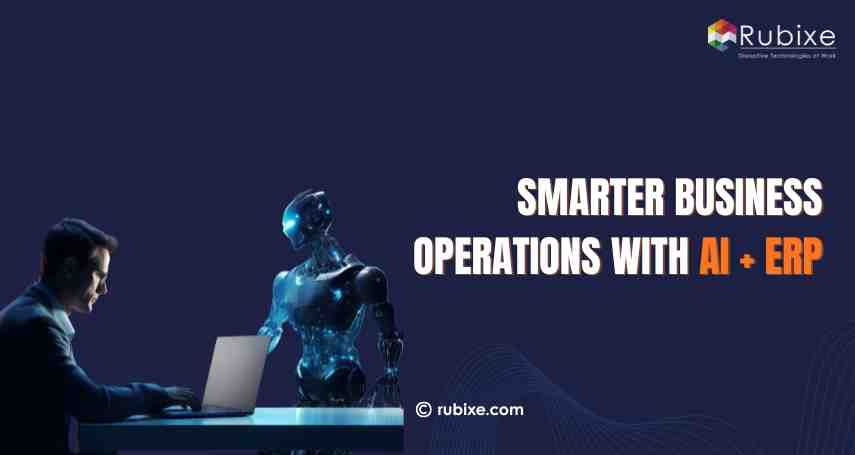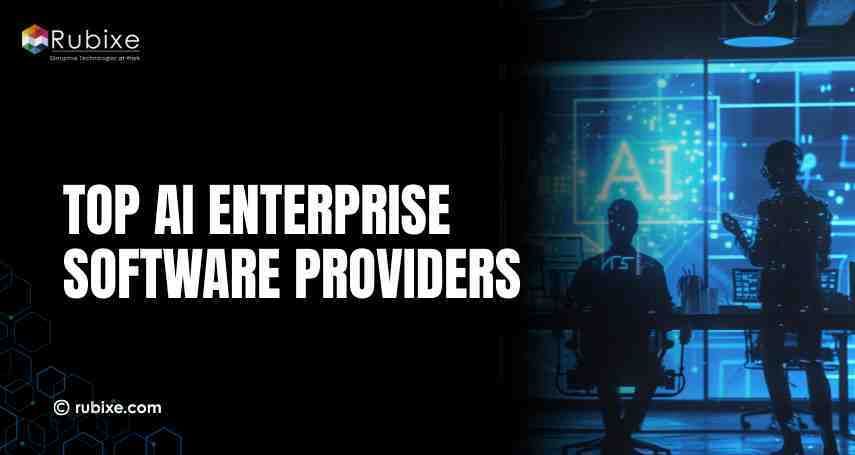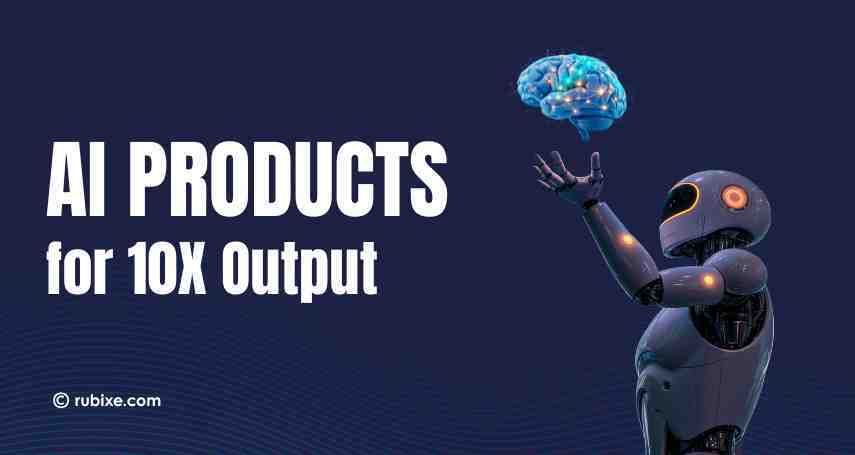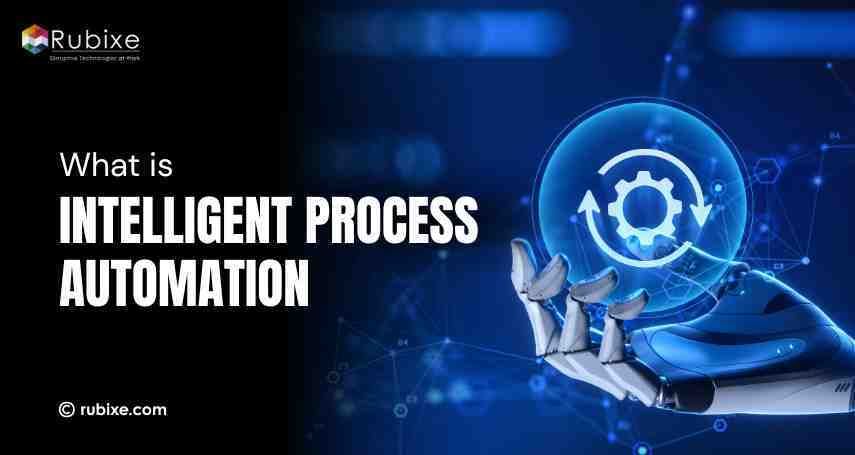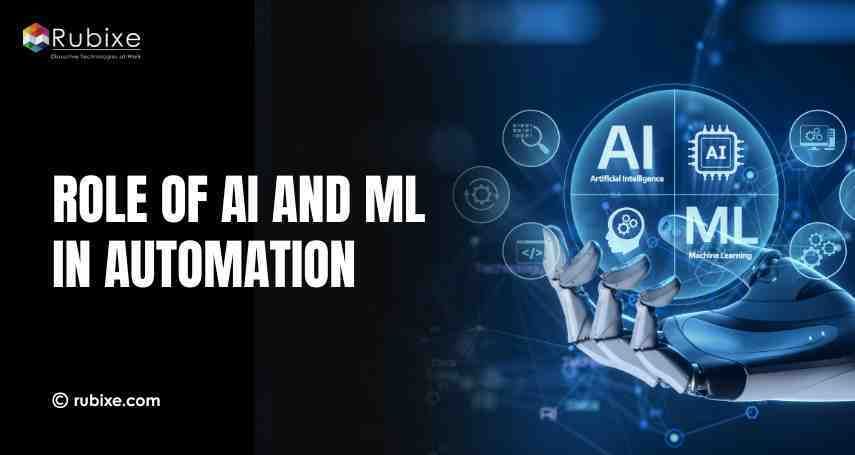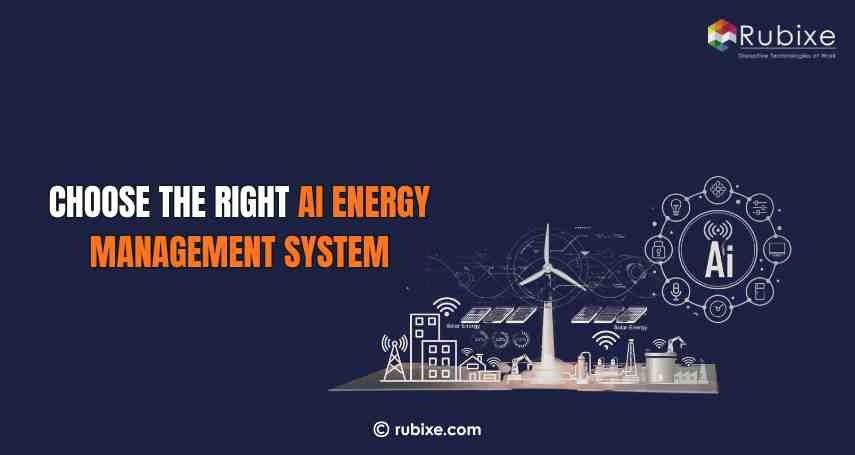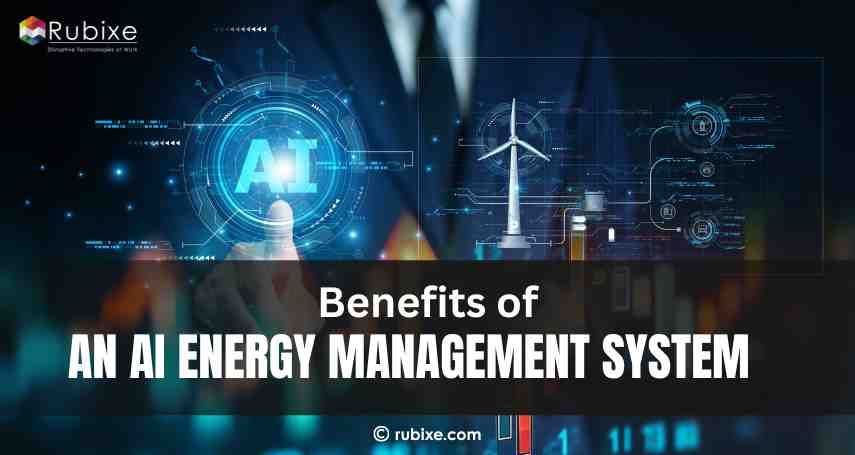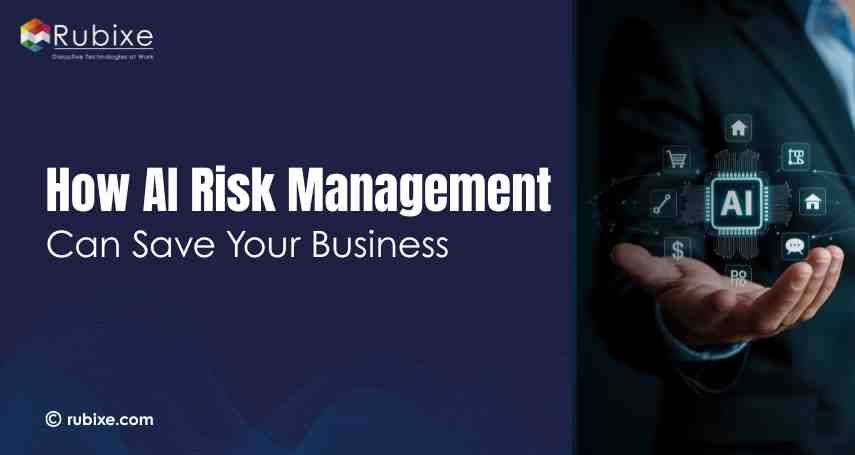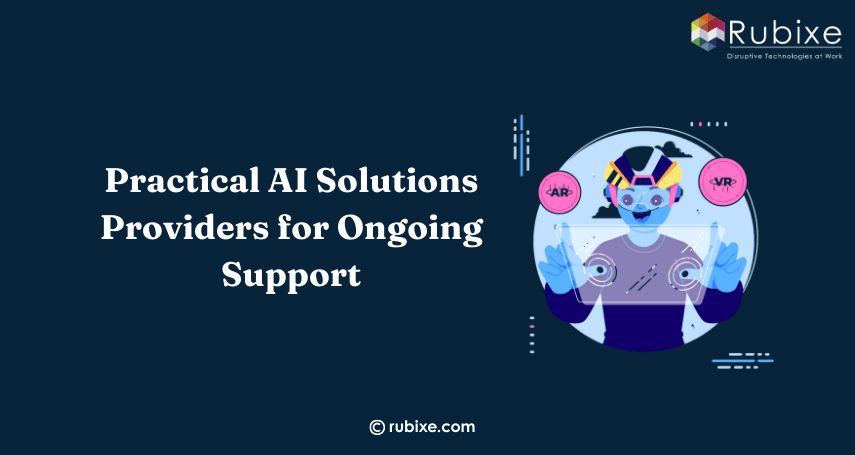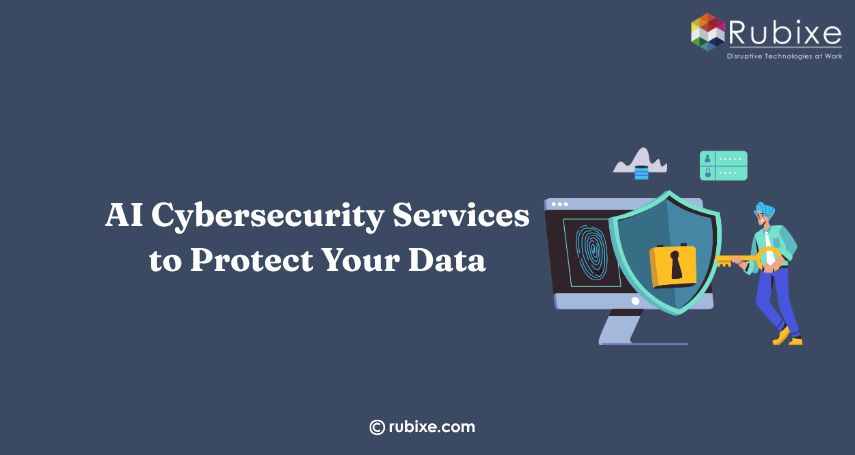AI Readiness Audit: Is Your Business Ready for AI
Evaluate your organization’s tools, data, skills, and systems with an AI Readiness Audit to identify gaps and prepare effectively for AI integration and growth.
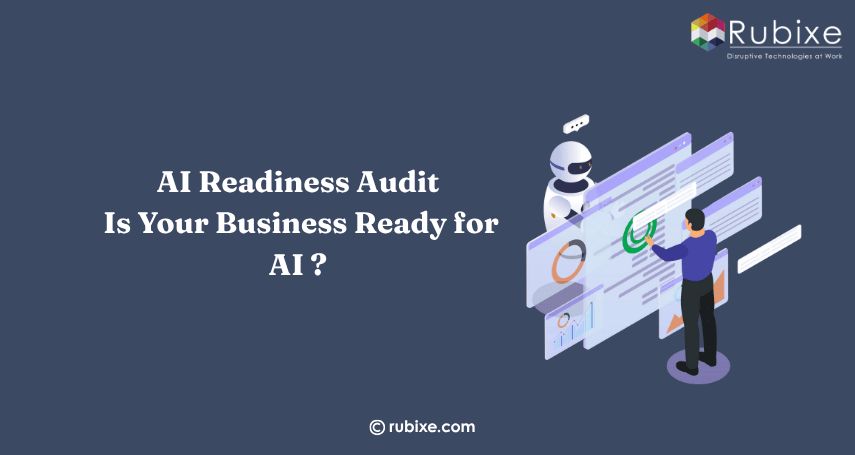
AI is changing the way businesses work, making tasks faster and smarter. But not every organization is ready to use it effectively. An AI Readiness Audit helps you understand where your business stands by checking your tools, data, and team skills. It shows what you need to improve so you can get the most out of AI and keep pace with modern industry demands
What is an AI Readiness Audit?
An AI Readiness Audit is a structured assessment that evaluates how prepared a business is to integrate intelligent technologies into its workflows and systems. This doesn’t just mean having the right software or machines; it includes a broader evaluation of culture, capability, and clarity of vision.
The audit typically considers multiple pillars:
-
Business Objectives: Are the business goals clearly defined and aligned with the outcomes that intelligent solutions can support?
-
Data Foundations: Does your business collect, store, and manage data in a structured way that can fuel decision-making?
-
Technology Infrastructure: Is your current IT environment flexible, scalable, and modern enough to integrate with future systems?
-
Workforce Skills: Do your teams have the right mindset and foundational skills to work alongside automated tools?
-
Governance & Ethics: Is there a framework in place to ensure responsible and transparent use of data-driven systems?
Why an AI Readiness Assessment Matters
Conducting an AI Readiness Assessment offers critical insights into your current capabilities and potential obstacles. It’s not about immediately deploying automation or smart platforms but identifying areas that need development.
Here are some reasons why it matters:
-
Strategic Clarity: Audits help define the roadmap and ensure that implementation aligns with long-term business goals.
-
Risk Mitigation: Recognize weak points in your data or process that could cause implementation failures later.
-
Resource Allocation: Assessing readiness helps prioritize investments in technology, training, and infrastructure.
-
Cultural Readiness: It gauges if your teams are open to embracing change and innovation.
Check Where Your Business May Be Lacking
A successful AI journey starts with a clear understanding of where your organization currently stands. Many companies believe they are ready for AI, but deeper assessments often reveal hidden gaps that can delay or derail progress. Here are some common areas where businesses typically fall short:
1. Lack of Clear Strategy and Leadership Support: Without strong executive backing and a defined strategy, AI initiatives can lose direction. Leadership must align AI adoption with business goals to ensure sustained momentum and accountability.
2. Poor Data Quality and Access: AI systems rely on clean, well-organized data. If your data is siloed, inconsistent, or hard to access, the value of AI will be limited. Preparing your data infrastructure is a foundational step toward AI readiness.
3. Outdated Technical Infrastructure: Legacy systems may not be able to support the demands of AI tools, such as real-time processing, cloud integration, or high-volume data handling. Scalability and flexibility are essential for AI success.
4. Skill Gaps and Low Change Readiness: Your team may not yet have the digital skills or mindset to work with AI tools. Without proper training and change management, resistance or misalignment can slow adoption.
5. Weak Governance and Ethical Oversight: AI raises concerns around data privacy, fairness, and accountability. Without clear governance policies in place, organizations risk compliance issues and loss of trust.
6. Skipping the Evaluation Phase: Jumping into AI without assessing readiness can result in wasted resources, failed implementations, and missed opportunities. A structured audit helps identify risks before they become roadblocks.
Core Components of an Effective AI Readiness Audit
A comprehensive audit involves several key dimensions. While the components may vary slightly depending on the size and industry of your business, the following are typically included:
-
Vision Alignment
-
Identify how new technologies support your business mission.
-
Ensure strategic goals are measurable and adaptable.
-
Technology Landscape
-
Evaluate legacy systems, integration capabilities, and digital tools currently in use.
-
Examine system interoperability and scalability.
-
Workforce Preparedness
-
Assess training needs and employee openness to transformation.
-
Identify leadership support and communication channels for change.
-
Data Accessibility and Quality
-
Determine if data is accurate, timely, and usable.
-
Review security and privacy policies to ensure trust and compliance.
-
Operational Processes
-
Map current workflows to understand automation potential.
-
Evaluate responsiveness to real-time decision-making.
-
Governance and Risk Framework
-
Establish clear accountability and controls.
-
Include ethical standards and responsible usage principles.
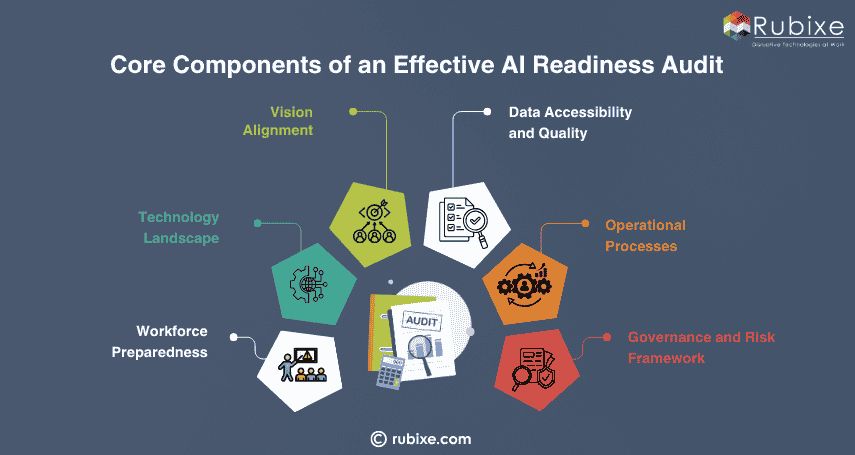
How AI Consulting Supports the Audit Process
Experienced professionals specializing in AI consulting offer a valuable outside perspective when conducting a readiness assessment. Their role is not to push a particular tool or solution but to provide strategic insight, recommend practical steps, and customize the audit to your business environment.
Consultants help:
-
Translate business goals into action plans.
-
Identify hidden inefficiencies.
-
Benchmark your status against industry standards.
-
Set realistic expectations for automation and digital transformation.
The Role of Automation in Business Readiness
Automation plays a key role in preparing businesses to adapt, scale, and respond to changing demands with confidence. It improves consistency, reduces manual errors, and frees up human resources for strategic work.
Key contributions of automation to business readiness:
-
Process Efficiency: Automates repetitive tasks like data entry, reporting, and approvals to speed up workflows
-
Scalability Support: Enables businesses to handle growth without proportional increases in workload or staffing
-
Improved Accuracy: Minimizes human error in critical operations, leading to more reliable outputs
-
Faster Decision-Making: Real-time data processing and alerts help leaders act quickly during disruptions or opportunities
-
Cost Optimization: Reduces operational overhead by limiting the need for manual interventions
-
Business Continuity: Supports 24/7 operations and maintains productivity during crises or staff shortages
Benefits of Performing an AI Readiness Audit
-
Accelerates Digital Growth: Businesses with clear assessments scale transformation efforts faster and more effectively.
-
Increases ROI: Targeted investments based on audit insights tend to yield better returns.
-
Improves Collaboration: Promotes alignment across departments on shared objectives.
-
Enhances Customer Experience: Streamlining services and insights through modern systems directly improves satisfaction.
-
Supports Change Management: Encourages a proactive approach to transformation and helps reduce resistance.
Preparing for an AI-Enabled Future
Your business doesn’t need to be “tech-first” to benefit from modern solutions. It needs clarity, consistency, and a path forward. An AI Readiness Audit bridges the gap between ambition and execution by showing you where you stand and what’s needed to move forward.
With the help of specialized AI services and guided AI consulting, organizations can create scalable, human-centered solutions that align with their core values and long-term strategy.
Being ready for AI doesn’t mean jumping into new technology quickly. It means taking thoughtful steps. Doing an AI Readiness Audit is a smart choice for any business that wants to grow with the help of data. It helps you find what’s missing, understand how prepared you are, and build a solid base for real progress—one step at a time.
